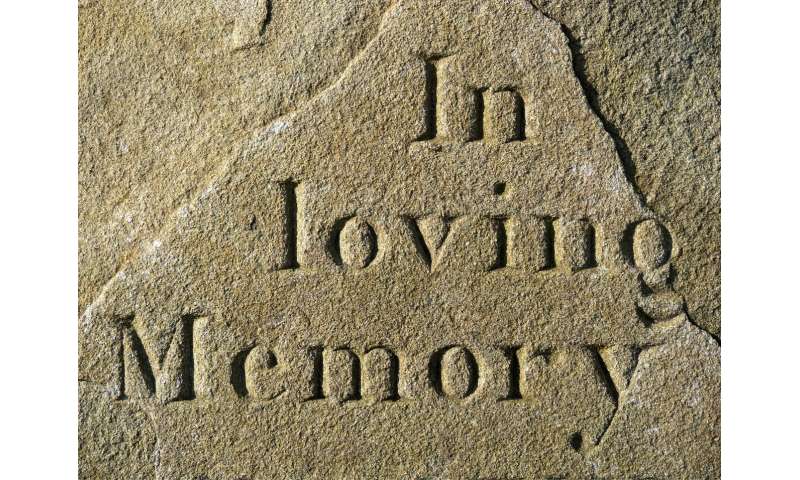 |
| Source |
When I was young, I was attracted to a friend and wanted very much to be with him. A very good-natured person I could feel safe with. But things happened quite differently from what I had hoped for and we never got together. I remember crying over it for about 3 days, after which, I decided to protect my heart from hurt and I mastered the art - the deadly art - of shutting out my emotions. I thought to myself that it was not worth crying over and I wanted to be strong, not weak.
Today, decades later, by God's grace, I have come to recognise that grieving a loss is not an act of the weak. It takes great courage and strength to remain with, to grieve, to allow ourselves to feel the intensity and the reality of what the loss truly means to us, to recall all the memories of times spent together, to face the still emptiness left behind in our hearts and in the physical spaces around us.
We can find comfort in the fact that a relationship cannot be completely discontinued. Even in death, as Christians, we believe that life has changed. It is not ended. And if life continues, though in a different form, so does the relationship - it is adjusted, takes on another more unfamiliar form, but it continues. And the ways love is given and received in this new form of relationship also go through a transformation.
I believe that a loved one's passing is a point in the journey of the relationship that presents us with an invitation we do not usually have or pay attention to in the normal pulse of daily living. It is an invitation to look back at the relationship, to encounter the experiences again - this time from a distance that allows us a broader view - and to become aware of what these experiences mean to us in ways they never did. To allow this whole process to take us eventually to how we desire to continue living out this relationship in the days and years ahead of us. That this person we have temporarily parted with means so much to us, it speaks of the impact he or she has made in our lives, how our lives were made positively different as a result. All the more, the footprints this person has left in us need to continue finding its tangible expressions in our lives.
All of these are found in the very painful, transitional period of waiting, in which we could choose, as I did, to erect a fortress around our hearts to block out our emotions. It is after all easier not to feel. Our days and nights can go on without too much unwanted disruptions. But can we really say we are alive without our true emotions?
If we have really loved someone, we would know that the emptiness will never quite find a substitute, the tears will never quite fully be wiped away. At least not in our lifetimes. And if we have really loved someone, we would be driven by this power of love to pain, to cry, to weep, to sit in silence, to revisit, to miss, to yearn, to adore.
In grief, we feel in our bones an excruciating pain so hard to hold and yet, this holding is the one great act of love, an enduring act of honouring the preciousness of our loved one. Because of love, we hold our disoriented selves with patience, gentleness and docility in the great pain of loss. And we are only able to love this courageously by first being held ourselves in the infinite love of our God.
